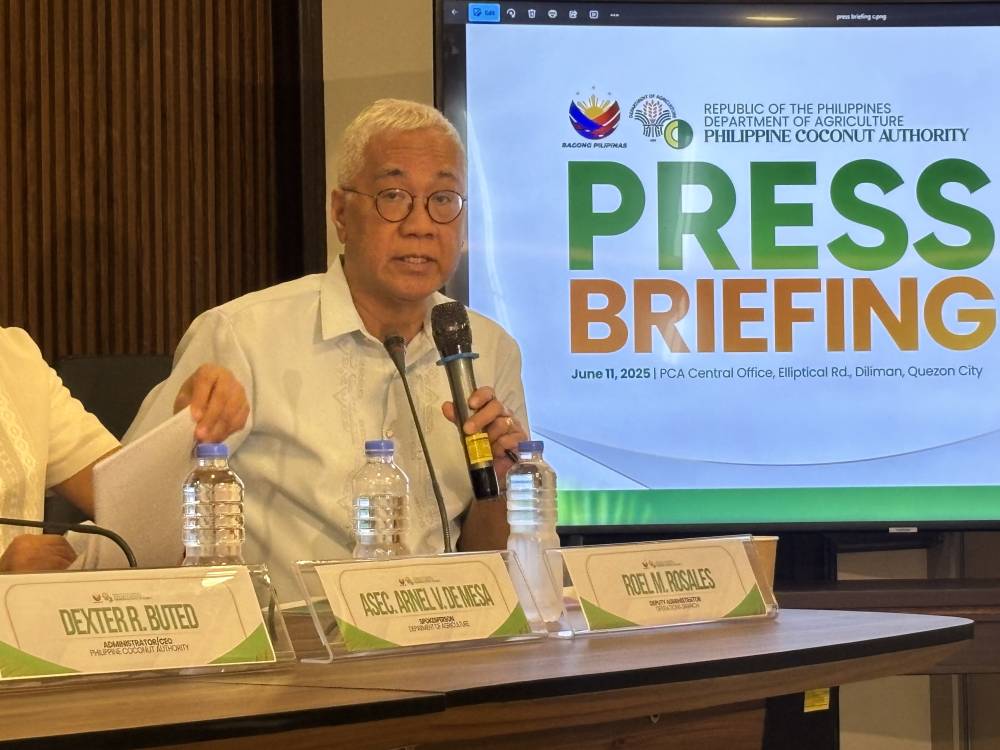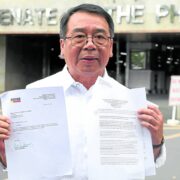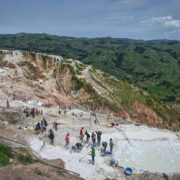‘Cocolisap’ infects coconut trees; damage estimated at P200M

Amid the red-striped soft scale insects infestation affecting hundreds of hectares of sugarcane fields on Negros Island, coconut farmers in different parts of the country are also grappling with “cocolisap,” a leaf-sucking insect that can cause serious damage to coconut trees.
The Philippine Coconut Authority (PCA) reported on Wednesday that as of May, the losses due to the coconut scale insect (CSI) was estimated at P200 million.
The pest disease has infected 516,962 coconut trees in Calabarzon, Bicol, Western Visayas, Eastern Visayas, Zamboanga Peninsula, Northern Mindanao, Caraga and Bangsamoro Autonomous Region in Muslim Mindanao.
It has also affected approximately 3,600 coconut farmers in these regions.
In a press briefing, PCA Administrator Dexter Buted said they were concerned about the situation despite the fact that the infected trees represent a fraction or only about 0.15 percent of the 345 million coconut trees nationwide.
“We are very concerned that though it pales in comparison to the 2014 infestation … it is affecting a lot of areas. And with negligence and less intervention, there is still a possibility of a disruptive effect within the environment,” PCA Deputy Administrator Roel Rosales said.
Reports from the PCA also showed that the tally of infected coconut trees represents about 21 percent of the 2.43 million trees affected by cocolisap in 2014.
Amid the recurrence of CSI, Buted said they do not consider it a threat to the coconut industry as the situation is “manageable.”
Interventions launched
He added that the PCA has implemented several interventions to prevent its spread such as conducting rapid ground assessment, pruning activities and treating or cutting down affected trees.
Checkpoints have also been established in different parts of the country to prevent border spread, according to him.
Rosales, meanwhile, said the PCA expects the CSI infestation rate to decline because of the onset of the rainy season.
At the same time, the PCA reported that another major pest, the coconut spike moth, has also infected 20,163 coconut trees in several areas in Calabarzon.
To prevent the spread of this disease, the PCA said it has carried out pest surveillance and rapid ground assessment, cut down unproductive and severely infested palms, and sprayed pesticides and biopesticides on infected palms.

















